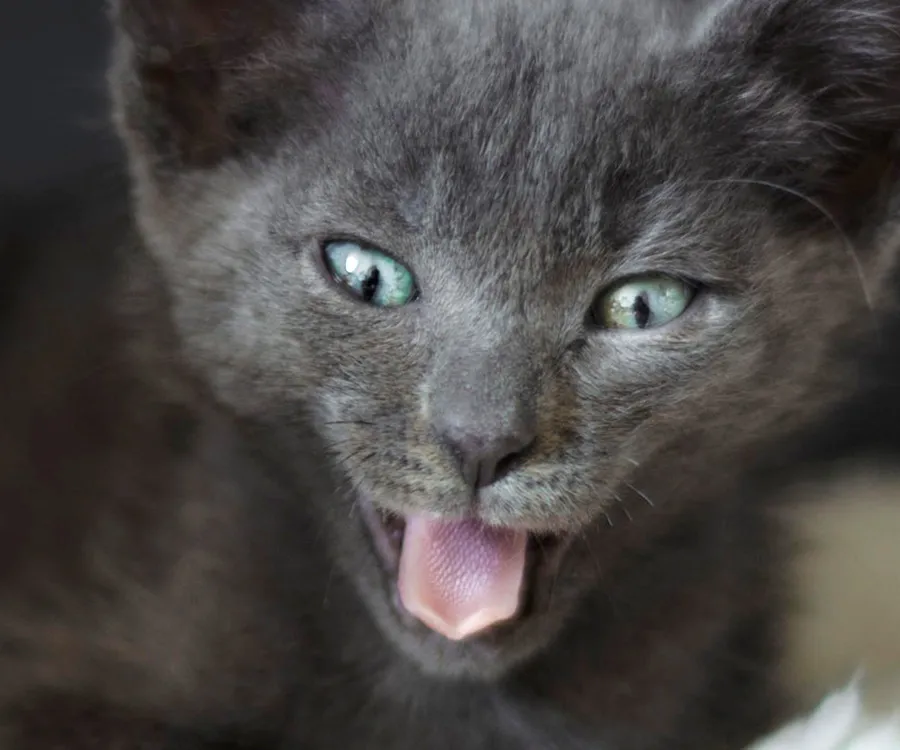If you’ve recently welcomed a cat into your home, you might be startled awake by persistent early morning meowing or door scratches. This common cat behavior can test your patience, but understanding how to stop cat meowing in the morning is key to fostering a harmonious household. Cats often vocalize at dawn due to hunger, boredom, or excess energy, signaling a need for better routine adjustments. With consistent strategies rooted in feline behavior expertise, you can reduce these wake-up calls and improve your pet’s overall wellness.
Many cat owners in the U.S. and beyond report this issue, as noted by veterinary behaviorists. Addressing it promptly prevents escalation into chronic habits. Drawing from recommendations by the American Association of Feline Practitioners (AAFP) and real-world experiences from shelters like those featured in the Seattle Times, we’ll explore proven methods. These tips emphasize positive reinforcement, ensuring your cat feels secure while respecting your sleep schedule.
 Closeup of young black cat meowing
Closeup of young black cat meowing
Don’t Give In to Morning Meowing
The first rule in how to stop cat meowing in the morning is consistency—never reward the behavior. If your cat sleeps in your room and starts yowling at sunrise, gently place them outside the door without interaction. Only allow re-entry once they’ve quieted down completely. This behavior modification technique, endorsed by certified animal behaviorists, teaches that silence earns attention, not vocal demands.
Veterinarians explain that cats are crepuscular, most active at dawn and dusk, so early meowing mimics wild hunting instincts. Ignoring it initially might feel tough, especially for new owners, but persistence pays off within a week. From personal experience shared in pet forums and by vets at clinics like VCA Animal Hospitals, cats quickly learn this boundary, leading to quieter mornings and stronger bonds.
Boost Playtime to Tire Them Out
Excess energy is a top reason cats meow in the morning. Combat this by ramping up interactive play sessions before bedtime. Use wand toys with feathers or laser pointers to mimic prey, encouraging chases around the house. Aim for 15-20 minutes until your cat pants lightly, signaling fatigue. Follow with a small, protein-rich meal to promote grooming and sleep.
Research from the Journal of Feline Medicine and Surgery highlights how evening exercise reduces nocturnal activity by 40-50% in indoor cats. Owners who’ve implemented this report sleeping an extra hour or two. Pro tip: Rotate toys to maintain interest—cats tire of the same ones quickly. This not only curbs morning meows but enhances physical health, preventing obesity common in house cats.
Divert Attention with Environmental Enrichment
Boredom fuels persistent cat morning meowing, so enrich their space. Install a cat tree or perch near a window overlooking your yard or a bird feeder. Early birds will captivate their predatory gaze, naturally diverting focus outdoors.
Experts at the Cat Behavior Associates recommend puzzle feeders or window perches for mental stimulation. These tools satisfy hunting urges without disturbing you. Combine with timed feeders releasing kibble at dawn to address hunger preemptively. In one study by the University of Lincoln, enriched environments cut vocalizations by up to 60%. Real-life success stories from adopters confirm cats spend mornings “bird-watching” instead of demanding attention.
Establish a Consistent Feeding Schedule
Beyond play, align meals with your cat’s internal clock. Feed dinner later—around 8-9 PM—and skip late-night snacks. Use an automatic feeder for a small dawn portion, conditioning them to eat independently. Consult your vet to rule out medical issues like hyperthyroidism, which amplifies meowing.
The ASPCA advises gradual routine shifts over 7-10 days to avoid stress. This holistic approach, blending nutrition and environment, ensures long-term success.
When to Consult a Veterinarian
If meowing persists despite changes, it could signal health concerns like pain or urinary issues. Schedule a check-up; early intervention is crucial for senior cats or those with dietary sensitivities.
In summary, stopping cat meowing in the morning requires patience, play, and smart setups. Implement these vet-backed strategies for quieter dawns and a happier feline companion. Start tonight—your sleep will thank you! For more cat care tips, explore our guides on feline nutrition and behavior.
References
- Seattle Times: “Remedies for Early Morning Meows” (https://www.seattletimes.com/life/lifestyle/remedies-for-early-morning-meows/)
- American Association of Feline Practitioners (AAFP) Guidelines on Behavior
- Journal of Feline Medicine and Surgery: Studies on Activity Patterns
- VCA Animal Hospitals: Cat Behavior Resources
